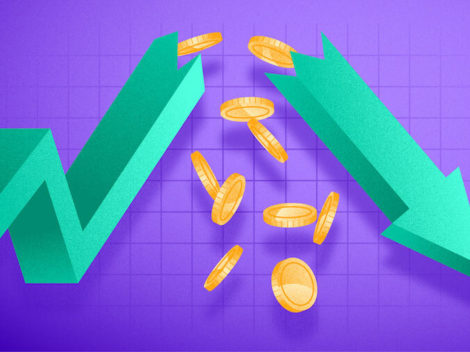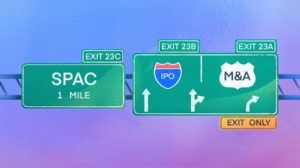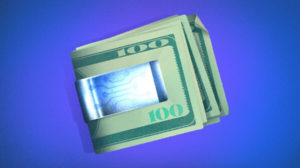Food delivery company DoorDash has officially raised $400 million in a Series F round at a post-money valuation of $7.1 billion, the company announced today. Earlier this month, DoorDash was rumored to have been targeting $500 million in funding at a $6 billion valuation, per reports by the Wall Street Journal.
Subscribe to the Crunchbase Daily
Singapore’s Temasek Holdings and Dragoneer Investment Group co-led the Series F, according to the company’s announcement. Other participants in the round include the prolific Saudi-backed SoftBank Vision Fund, Sequoia, Singapore government-backed fund GIC, and Y Combinator, among others. DoorDash went through Y Combinator’s Spring 2013 batch.
DoorDash was previously valued at just over $4 billion following its $250 million Series E in August 2018. The company has banked $1.372 billion in aggregate known funding, according to Crunchbase at time of writing, with more than half of that total raised in 2018 and 2019 alone. Take a look at its funding track record below.

Of course, DoorDash isn’t alone in the semi-crowded delivery space. The company’s main competitor, namely, Postmates, filed confidentially for its own public debut in early February. Postmates itself has raised a known total of $678 million in venture capital, according to Crunchbase. The company was last valued at a comparatively modest $1.85 billion, after its $300 million funding round in September 2018.
Uber, which is also looking to go public, has also tried its hand at food delivery with UberEats. Other competitors include Caviar, which was acquired by Square for $90 million in August 2014 and GrubHub, which went public in April 2014 at a $2.7 billion valuation, raising $192.5 million in its IPO. At the time of writing, GrubHub is trading at a market cap of $7.21 billion.
DoorDash launched a subscription service in 2018, and says that it has added “more than 30,000” customers to that service each week, per its press release. That’s a strategy Postmates and other on-demand delivery services (including wash and dry-platform Rinse) have used to bring in annual recurring revenue (ARR), making it easier for companies to control margins and predict revenue.
DoorDash also says that it is now available in more than 3,300 cities, with plans to “reach every postal code in America.”
Illustration Credit: Li-Anne Dias

Stay up to date with recent funding rounds, acquisitions, and more with the Crunchbase Daily.


![Illustration of a man sitting on a huge pile o' money. [Dom Guzman]](https://news.crunchbase.com/wp-content/uploads/Giant_Funding-470x352.jpg)




![Illustration of toast with $ toasted in. [Dom Guzman]](https://news.crunchbase.com/wp-content/uploads/Forecast-dollar-sign-300x168.jpg)



67.1K Followers